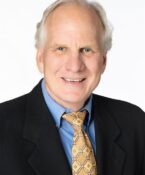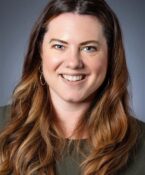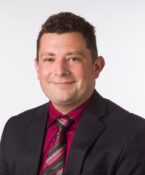Unlocking the secrets of autism
![]()
Wearing glasses with a camera embedded in the frames, a girl stands atop a platform as virtual balls roll toward her.
How she dodges the balls will help UNT Health Science Center researchers better understand why people with Autism Spectrum Disorder (ASD) have trouble responding to their environment.
Surrounded by a 180-degree, wrap-around screen in the Human Movement Performance Lab, volunteers become part of a video game as balls roll toward them or ducks appear in an arcade. But there’s much more going on here than child’s play.
While the glasses track eye movement, reflective markers attached to a person’s clothing allow infrared cameras mounted on the ceiling to track body movement. The information then is streamed to computers for analysis. By studying eye and body movements, researchers hope to see the world as someone with Autism Spectrum Disorder does.
“We know that we must correctly use visual information to navigate in the world,” said Haylie Miller, PhD, Postdoctoral Research Associate. “It’s a fundamental skill that impacts our ability to do so many things – from making a sandwich to driving a car.”
For people with ASD, walking down a street without bumping into others can be challenging. Is that because of differences in how they interpret what they see or a combination of factors?
In the controlled environment of the lab, Dr. Miller hopes to find answers.
“Even if you can move to look at a person or object, if you can’t focus on it long enough to get the correct information or if you are focused on the wrong part, you will not be able to respond effectively,” she said. “In the lab, we can see what circumstances cause people to struggle so that we can find ways to help them succeed.”
Children with developmental coordination disorder, which is characterized by motor dysfunction similar to ASD, also are participating in the study.
The study is being conducted in collaboration with Dr. Priscila Caçola, PhD, Assistant Professor of Kinesiology at UT-Arlington.





Social media